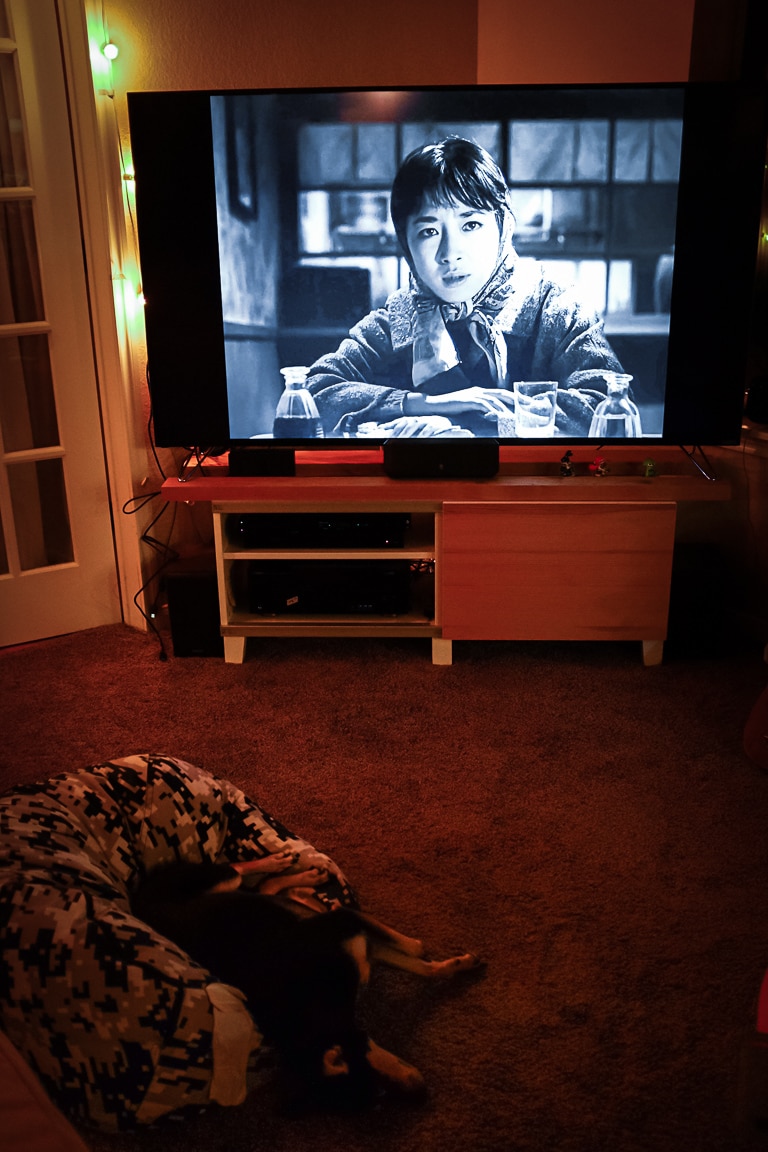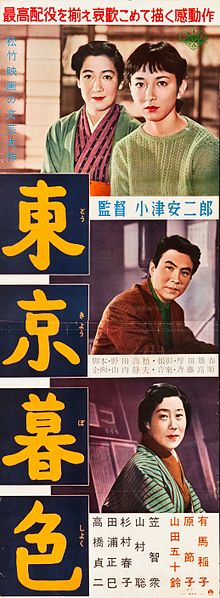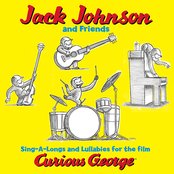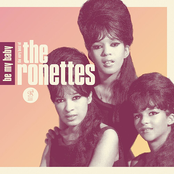
This evening I watched the 1957 film Tokyo Twilight (東京暮色), directed by the famous Yasujirō Ozu. Even though the pace of the movie is slow, I was completely engrossed within the first 10 minutes. I guess I am fascinated by what life in 1950s Japan was like, so I was both following the story, and looking at all the details.
It was neat to see that the streets in the movie were all dirt, even though it was Tokyo, and seeing the fashionably-dressed (to my eyes) characters exit a nice café or bar and then walk with their heels on a dirt road surrounded by buildings was odd. In other cases, the technology was pretty advanced. The train system seemed good and everyone used telephones (even though they were rotary). In fact, all of the scenes still have modern counterparts. The bar, neighborhood restaurant, and mahjong parlor could all be used in a modern movie or television show with just a few adjustments. The pachinko parlor and bank would need technological updates, but those places still are relevant in today’s society. I thought that was pretty cool to know that 6o years didn’t change these places too much.
The story revolves around a family of an older father, his two grown daughters, and their mother who abandoned them from a very young age but has reappeared in Tokyo. The most compelling character was the youngest daughter played by Ineko Arima (有馬稲子), who is struggling with an unwanted pregnancy, her relationship with her father (to whom she doubts she is related), and the reappearance of her biological mother. With so much to deal with, her behavior, whichever way it turns, would be understandable. I suppose it’s this plot point and character that kept the story engrossing to me.
I loved the acting from most of the characters, with the exception being from celebrated actor Chishū Ryū (笠 智衆). It was puzzling to me that he seemed like he would be the best actor of the cast, but I found his facial expressions were stiff, unchanging, and unemotional. It was actually really awkward. The other actors, however, were fantastic, especially Setsuko Hara (原 節子). She was one of Japan’s most famous actresses and you can see why. Although the younger daughter had more obvious motivations, Setsuko Hara’s portrayal of the older daughter needed to be more subtle and nuanced, and she excelled in the role. It’s no wonder that Hara was one of the premiere actors of the era.

I enjoyed Tokyo Twilight quite a bit and am looking forward to watching Ozu’s other films, including his most famous work, Tokyo Story (東京物語), which also stars Setsuko Hara and Chishū Ryū.
My rating for Tokyo Twilight is 8.5 out of 10. Highly recommended!






I have the DVD set of Ozu’s Noriko trilogy (which includes Tokyo Story) and I am ashamed to say that I still haven’t the time to sit down and watch them. ^^ I have, however, watched Tokyo Kazoku, the 2013 modern day remake on the plane some time back.